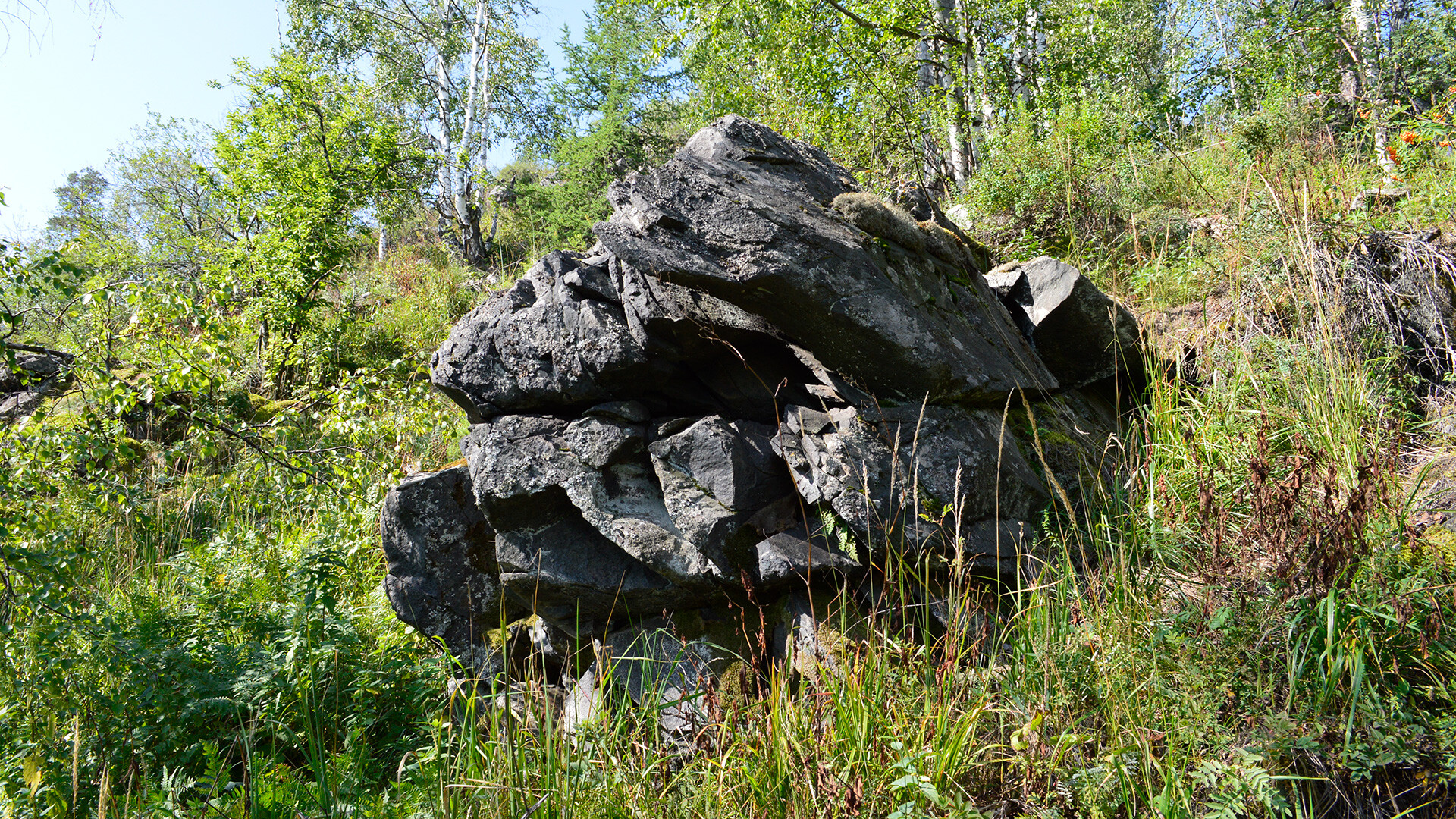
Estimating the age of the mountain was helped by the rock izrandite, found on its slopes. Izrandite was discovered in 1958 by a Soviet geologist named Lev Ovchinnikov. He named it after the river Izranda, which flows from the place where the rock was found. Later, the approximate age of izrandite was determined to be 3.512 billion years, while the age of our planet is estimated by scientists to be 4.5 (other reports say 4.75) billion years.
In 2016, geologists took a sample of izrandite from Mount Karandash and estimated its age at 2.375 billion years. They believe that the izrandites are remnants of a supercontinent that existed as far back as the Archean era 2 billion years ago. However, the first discoveries in the field of geochronology have already turned Karandash in the public mind into the oldest mountain in the world.
Nevertheless, in the Guinness Book of Records, the title of the oldest is given to the South African Mahonjwa mountains (The Barberton Greenstone Belt): their age is estimated at 3.6 billion years.
The Ural Mountains, that include the Karandash, are, indeed, younger than the Mahonjwa Mountains. Their formation began 350 million years ago and ended 200 million years ago. The fact that they turned out to be super-ancient izrandite is explained by the process of mountain formation. The supercontinent first ruptured, forming a depression and then its remnants powerfully collided, creating folded areas. Thus, the Archean fractured rocks laid the foundation of the Ural Mountains and, over time, in some places, they began to surface.
So, Karandash is not technically the oldest mountain in the world. But try convincing the Uralians otherwise!
Dear readers,
Our website and social media accounts are under threat of being restricted or banned, due to the current circumstances. So, to keep up with our latest content, simply do the following:
Subscribe to our Telegram channel
Subscribe to our weekly email newsletter
Enable push notifications on our website
Install a VPN service on your computer and/or phone to have access to our website, even if it is blocked in your country
If using any of Russia Beyond's content, partly or in full, always provide an active hyperlink to the original material.
Subscribe
to our newsletter!
Get the week's best stories straight to your inbox